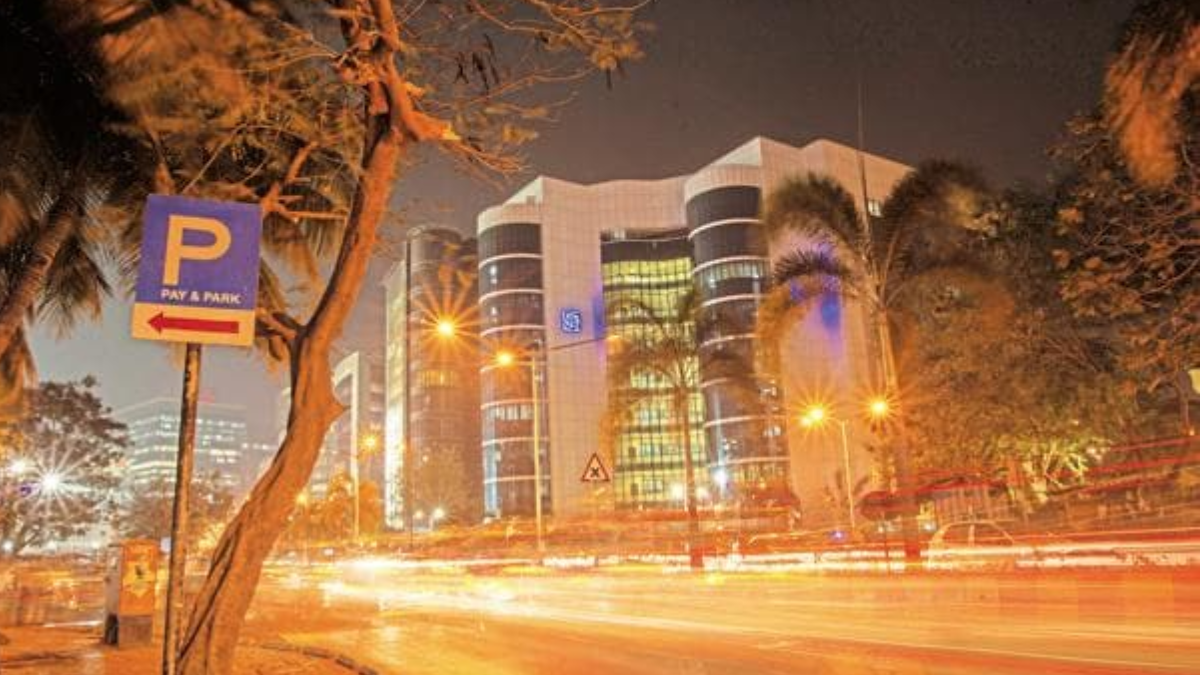McDonald's Instagram Hack: When a Crypto Scam Steals More Than Just Fries!

In a bizarre twist that sounds more like a plotline from a digital heist movie than real life, McDonald’s, the global fast-food behemoth, recently found itself the unwitting participant in a high-stakes crypto scam. The company’s official Instagram account was hacked, and what followed was a whirlwind of deception, phishing, and financial losses that left many users reeling—and hungry for answers.
A Not-So-Happy Meal: The Hack Unfolds
Imagine scrolling through Instagram, craving some golden fries or a Big Mac, only to stumble upon what seems like an official post from McDonald’s, promising free cryptocurrency. Sounds too good to be true, right? Well, it was. But before you could say “supersize me,” thousands of users had already taken the bait.
The hackers who took control of McDonald’s Instagram account didn’t just aim for small fries; they were in it for the big bucks. They posted a fraudulent message, complete with a link to a phishing website designed to steal personal information and cryptocurrency wallet credentials. The message, which was crafted to look legitimate, claimed that McDonald’s was giving away free cryptocurrency. It was the kind of too-good-to-be-true offer that preyed on the excitement and curiosity of unsuspecting users.
Rug Pulled from Under Their Feet
The scam was a textbook example of what’s known in the crypto world as a “rug pull” scam. Here’s how it works: a group of developers creates a new cryptocurrency or NFT project, hypes it up, and attracts investors. Then, without warning, they pull the plug, disappearing with all the funds and leaving investors empty-handed. It’s the crypto equivalent of inviting someone to a party, only to snatch the floor out from under them as soon as they start to dance.
In this case, the rug pull was executed with frightening precision. The hacked post included a racial slur and gleefully claimed responsibility for the scam, boasting about stealing $700,000 in Solana (a popular cryptocurrency). The message, which has since been removed, read: "Sorry mah n--ga you have just been rug pulled by India_X_Kr3w thank you for the $700,000 in Solana."
A Side of Apologies
McDonald’s was quick to respond, acknowledging the hack and the offensive content that was posted. In a statement, the company said it was “aware of an isolated incident that impacted our social media accounts earlier today.” They went on to assure their followers that the issue had been resolved and offered an apology for any offensive language that had been posted during the breach.
But while McDonald’s was busy cleaning up the digital mess, the real damage had already been done. Thousands of users who fell for the scam found themselves not only disappointed but also potentially at risk of identity theft and financial loss. The phishing website linked in the fraudulent post was designed to harvest sensitive information, which could be used for further malicious activities.
The Bigger Picture: A Sign of the Times
This incident, while shocking, is just the latest in a string of high-profile hacks targeting major companies and their social media platforms. It’s a stark reminder of the vulnerabilities that even the biggest brands face in today’s digital age. And it raises important questions about cybersecurity, social media responsibility, and the lengths to which cybercriminals will go to make a quick buck.
But beyond the technical details and financial implications, there’s a more human element to this story. The victims of this scam weren’t just faceless users; they were people who, in a moment of excitement or trust, clicked on a link, entered their details, and were taken advantage of. It’s a cautionary tale that highlights the importance of skepticism and vigilance in an increasingly digital world.
Lessons to Take Away
So, what can we learn from this? First and foremost, if something seems too good to be true—especially in the world of crypto—it probably is. Always double-check the source, especially when it involves personal or financial information. And for companies, this is yet another wake-up call to invest in robust cybersecurity measures and to be prepared for the worst.
As for McDonald’s, they’ve managed to regain control of their Instagram account, but the incident has left a sour taste in the mouths of many. In the end, this hack wasn’t just about stealing cryptocurrency; it was about exploiting trust, creating chaos, and reminding us all that in the digital world, the stakes are higher than ever.
In this fast-food, fast-paced world, even the biggest players need to stay on their toes—because you never know when the next digital scam might be coming to steal more than just your fries.





















